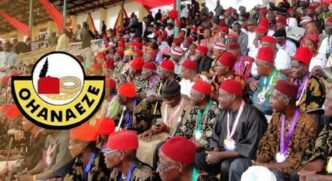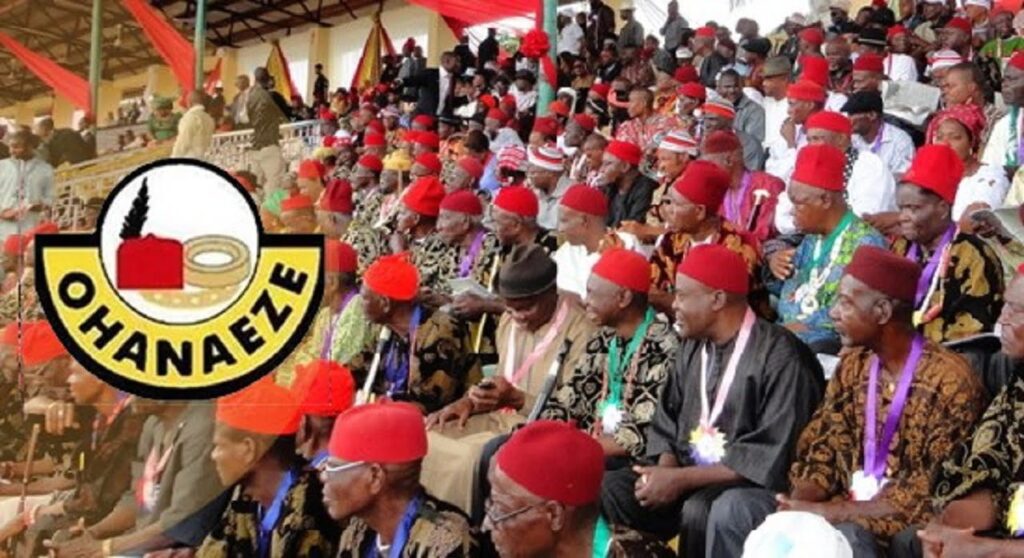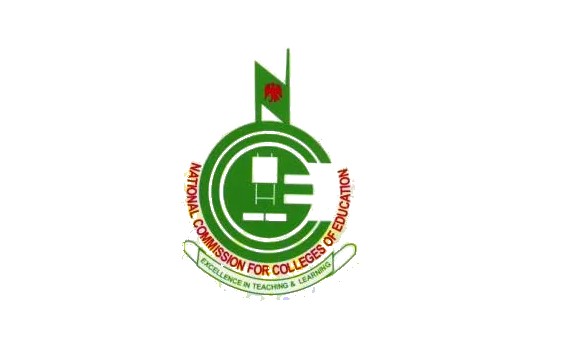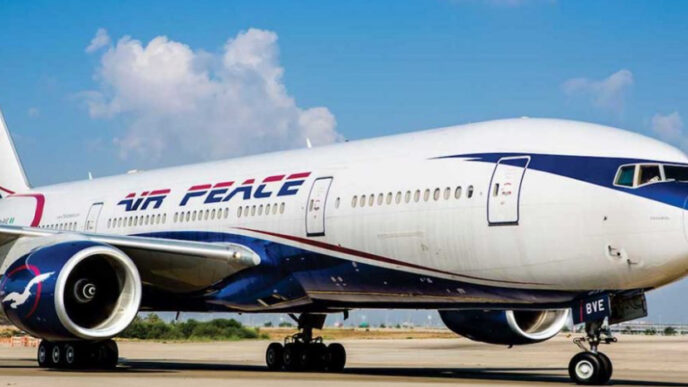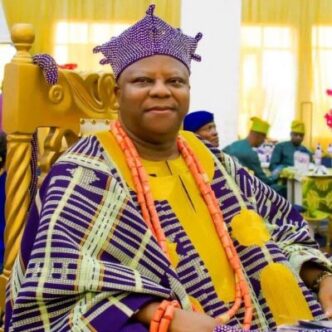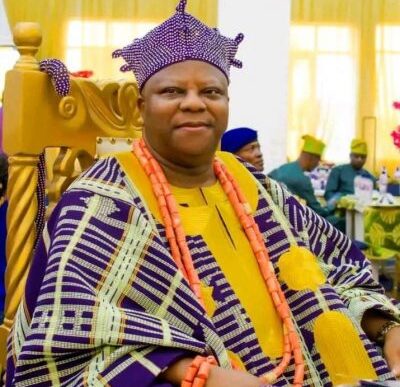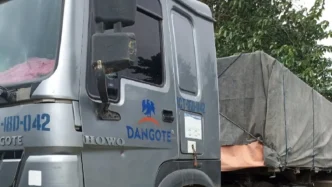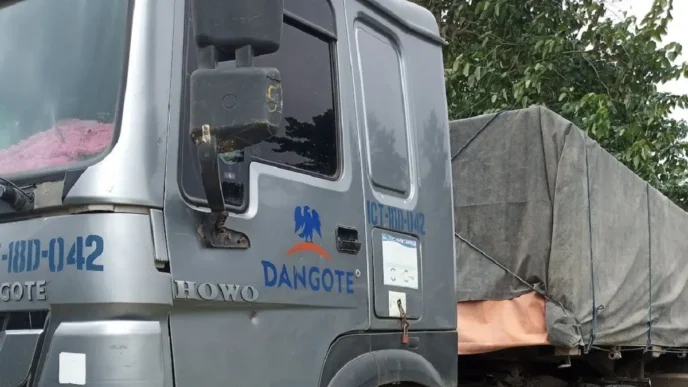The apex Igbo sociocultural group, Ohanaeze Ndigbo, has announced that no candidate from the Southeast will contest the 2027 presidential election against President Bola Ahmed Tinubu.
Instead, the group says its focus is firmly set on producing a Nigerian president of Igbo descent in 2035.
This declaration was made in a statement signed by Ohanaeze’s Deputy President General, Mazi Okechukwu Isiguzoro, and National Spokesman, Thompson Ohia, following a crucial meeting held in Abakaliki with Southeast political leaders, Imeobi, and Nzukoumunna.
According to the statement, the Southeast leadership believes that supporting Tinubu’s re-election in 2027 is a strategic move to build stronger alliances across Nigeria’s diverse ethnic groups.
“Following extensive consultations and dialogues, Ohanaeze Ndigbo, in collaboration with Southeast political leaders, has reached a unanimous and resolute conclusion that Igbo people will not field presidential candidates in the 2027 elections against the incumbent President, Bola Ahmed Tinubu,” the statement read.
Ohanaeze insisted that the Igbo presidency project is “realizable” but more strategically placed in 2035 rather than 2027.
The group emphasized that the most practical political pathway remains within the All Progressives Congress (APC), provided the zoning formula is favorable.
“We assert, with unwavering candor and respect, that the goal of achieving an Igbo presidency is indeed realizable and sets forth as a compelling objective for the year 2035,” Ohanaeze declared.
Among the possible contenders mentioned, the Minister of Works, Senator David Umahi, was described as the most outstanding candidate to lead the country.
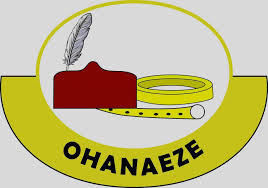
Ohanaeze noted his achievements as governor, Southeast Governors Forum chairman, and his current ministerial role as key factors that place him above others.
The body, however, acknowledged other prominent Igbo figures such as Peter Obi, Ifeanyi Okowa, Pius Anyim, Hope Uzodinma, Chukwuma Soludo, Rochas Okorocha, Orji Uzor Kalu, and Ken Nnamani as part of an “illustrious cadre” with the capacity to transform Nigeria.
Yet, the group stressed that only a unified Southeast and strategic collaboration with other regions can make the dream of an Igbo presidency a reality.
Ohanaeze went further to project overwhelming Igbo support for President Tinubu’s re-election bid.
“Given these realities, we hereby affirm our unwavering support for President Tinubu’s re-election in 2027, projecting that approximately 95% of Igbo votes will rally behind this cause,” the statement added.
Ohanaeze noted that after Tinubu’s expected tenure ends in 2031, power will likely shift to the North, making 2035 the best opportunity for the Southeast.
“Our communal ambition to secure the presidency for an individual of Igbo descent depends fundamentally upon forging strategic alliances and establishing a foundation of mutual trust with Nigeria’s diverse ethnic groups,” the group said.
